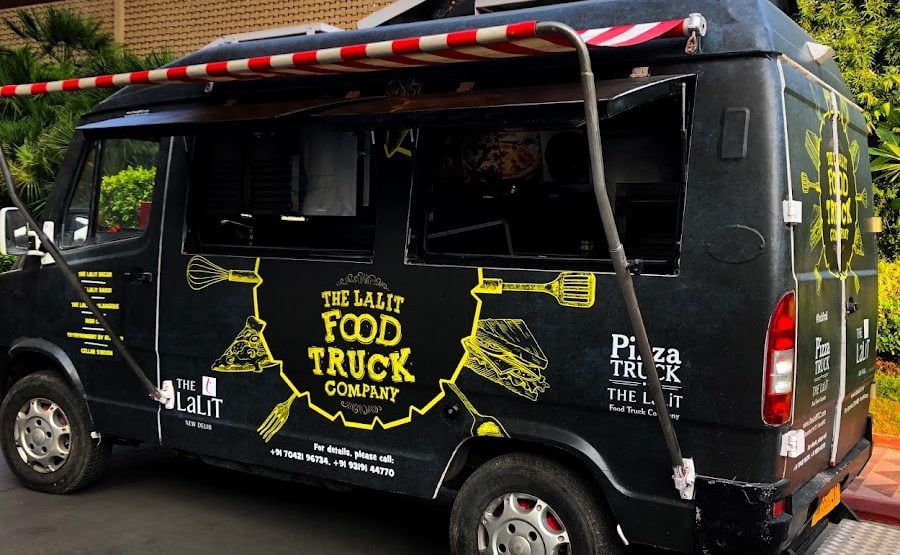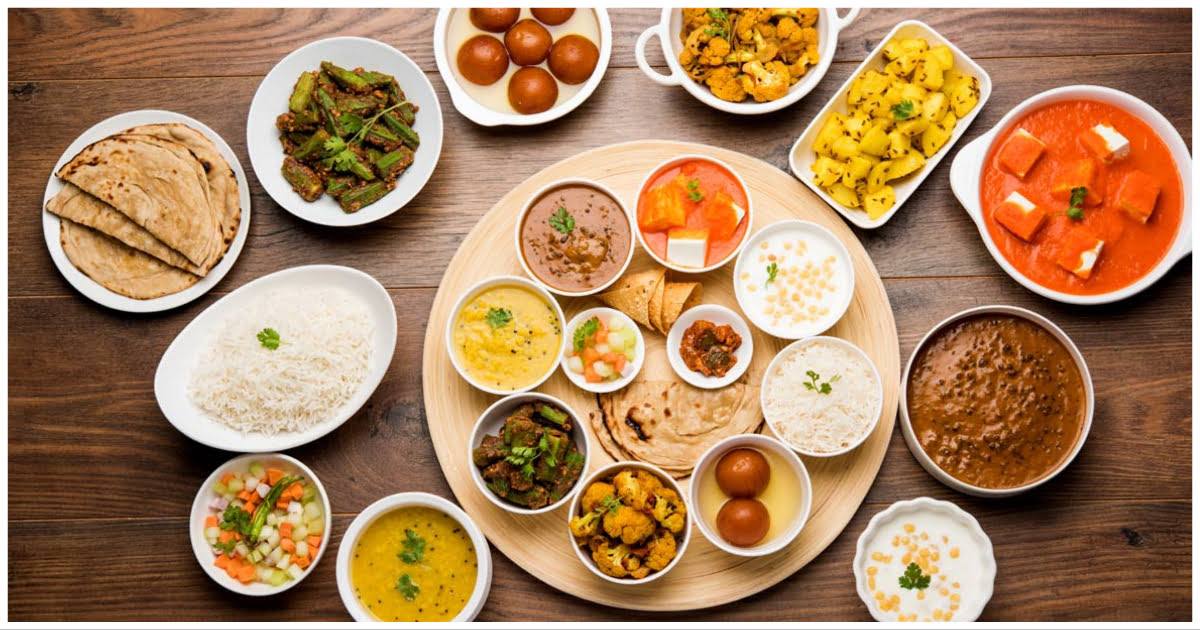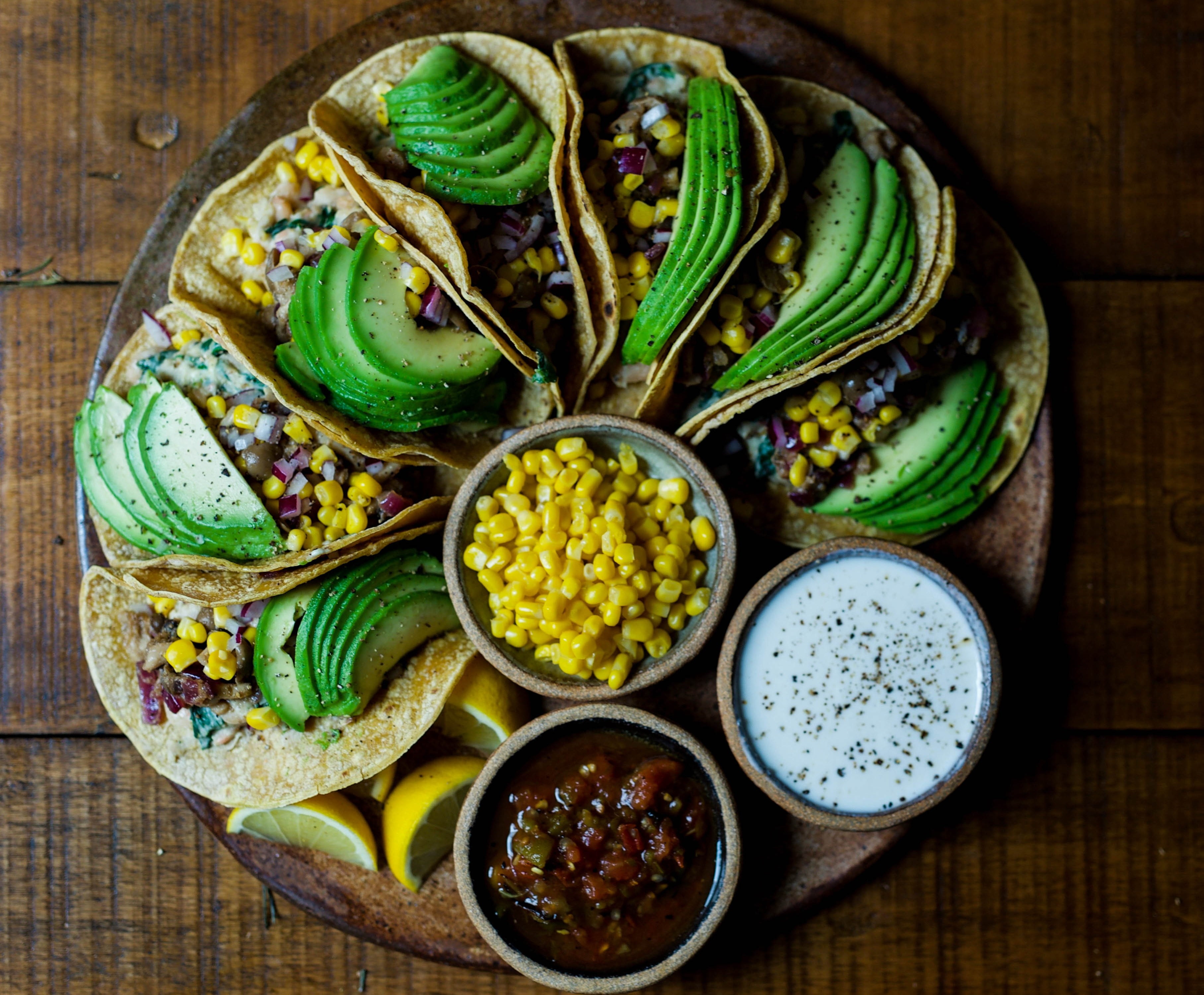Food trucks are still a new concept in India but the trend is picking up fast and in a wave. PRAKRITI ROY talks to truck owners to know what goes into establishing one and making it popular.
For working professionals and students, eating at least one meal out is customary. However, if one were to go to the corporate hubs in Delhi, Noida, or Gurgaon, they would find very few places that are affordable for those who want to eat out almost every day.
It seems that some Indians, who are passionate about bringing good quality yet affordable food, have been inspired by the western show Eat Street and have started with their food trucks in India. One may argue that food trucks always existed, the ones that sold desi-Chinese food.
But these new-age trucks are the real deal as they don’t remain stationary and can even be tracked using GPS, in some cases. Also, their food counters are manned by professional chefs and not your local halwai.
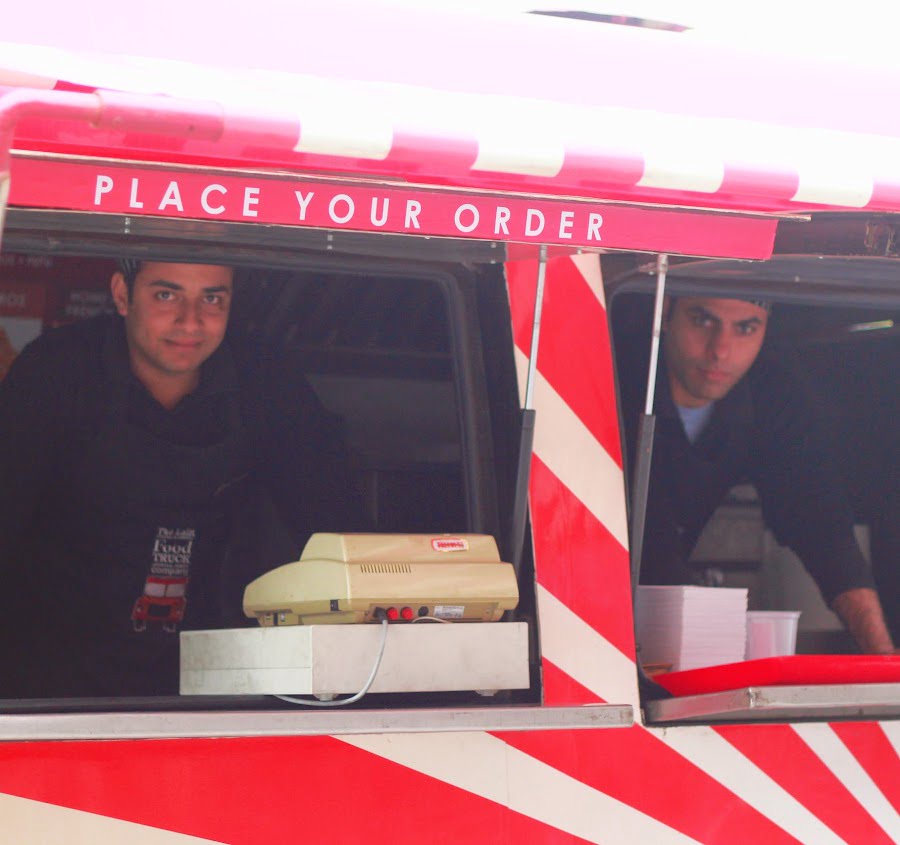
While the trend has been picking up everywhere, it’s very popular in Gurgaon and Noida and is coming up in a big way in Delhi too. And with hotels and restaurants like The Lalit, Punjab Grill, and Kylin also coming up with their trucks, they are becoming much more acceptable to the customers as well.
The prime attraction of eating at a food truck is that it serves restaurant-quality hygienic food at a fast speed and at prices that are much lower than when you go to a sit-down restaurant for a meal.
Ankur Gupta, co-owner of Drifter’s Café, which is usually seen in Gurgaon’s Sector 29, says: “If you look at Zomato reviews, our food ranks higher than restaurants around here. Moreover, it isn’t too expensive and you get such a wide range to choose from.”
The truck serves Southeast Asian food from various countries and is also stationed at various events and festivals around Gurgaon. Gupta says that he has parked his truck in Gurgaon because the crowd is well-traveled and more receptive to the food truck concept as seen in the Hollywood film, Chef.

The food trucks around
The secret behind the cheap yet great food at food trucks is revealed by Yadu Virendra Yadav, co-owner of the three Oh Buoy food trucks which operate in various areas of Noida and Gurgaon.
“Our food is in the range of Rs 80 to Rs150. In spite of serving Mexican and Italian food, which are generally more expensive, we can sell our food cheap as we sell out of a truck and not a restaurant. And people from the offices and universities around want that kind of good yet affordable food,” Yadav says.
Most of these trucks have been operational for not more than two years. And even in such a short span, these trucks have come forward with various different kinds of food. For instance, there is Eggjacktly, which serves a variety of dishes with egg in it. They also own Sushi House Mafia. Then there is Dosa Inc which serves South Indian fare. Frugurpop is another one and it stands out because it isn’t a food truck but an ice-cream truck.
Co-owner Pallavi Kuchroo tells you: “We have a GPS-enabled van that one can track to find our location. We serve about 10 flavours of popsicles right now and it’s great to see that they are really being appreciated. I started this truck because I knew that this is something that’s coming up and also because no one is doing anything in the natural ice-cream segment yet.”
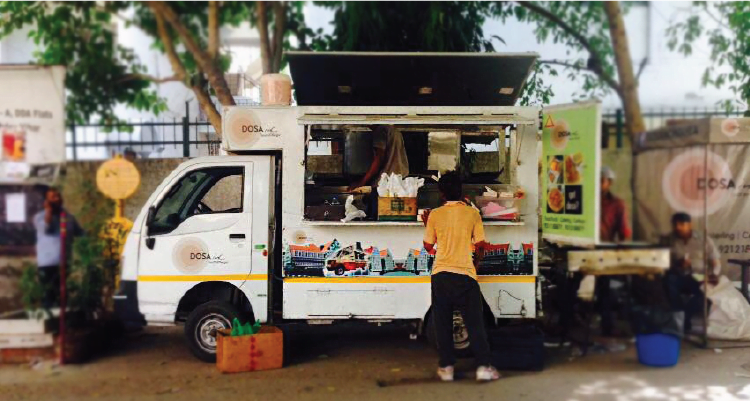
Is it profitable?
Not only are these food trucks very much in vogue, but they are also quite profitable. Pankaj Mallik, guest service associate, at The Lalit Food Truck Company, says that they have many regulars and the business runs very well. At a food festival, they can even serve up to 30,000 people in one day while on regular days, they can earn almost Rs20,000 for each of their two trucks. Yadav also says that on average, each of his trucks generates 100-150 bills and there may be four-five people buying food on the same bill.
However, owning and managing a food truck is no easy feat. Gupta tells you that in terms of licensing, there are no laws — it’s a grey area for food trucks. “The food truck concept is very new for the Government. As there is no separate food truck category, I acquired licenses for a commercial truck and a restaurant. Moreover, parking is not regulated for food trucks. Many more trucks will come up if the government regulates it,” he says.
The problems
Other owners agree. “Parking and licensing is definitely a problem. Since The Lalit Hotel takes care of those things for us, we get permission from NDMC to park on the roadside or we just park outside our hotel,” Mallik says.
Though the clientele usually consists of young working professionals or students, families are also often seen. It helps that a lot of people have started eating out more than once a week and are, therefore, looking for the cheapest and best options considering eating in a restaurant has become expensive.

